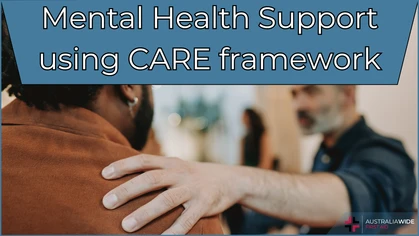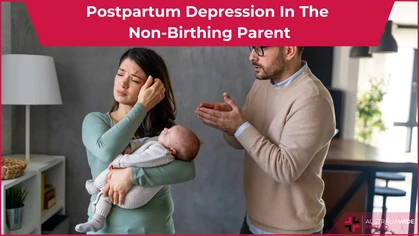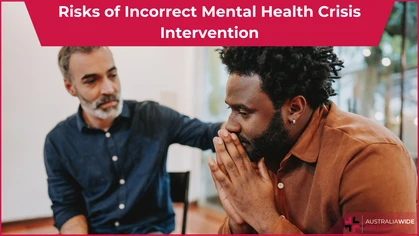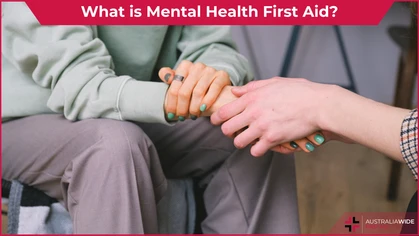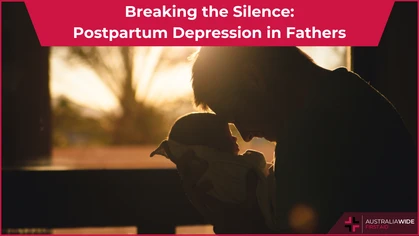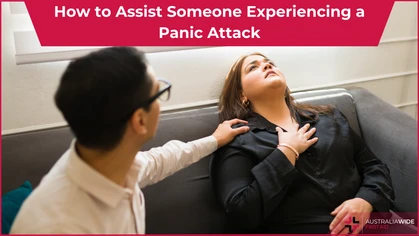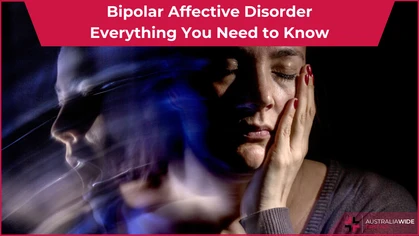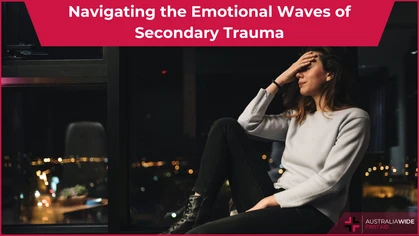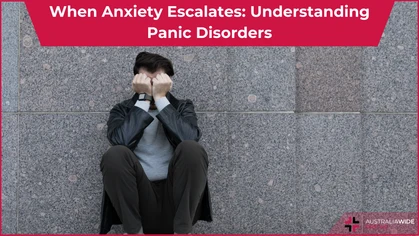4 Healthy Coping Strategies for Post-traumatic Stress Disorder

Mental Health
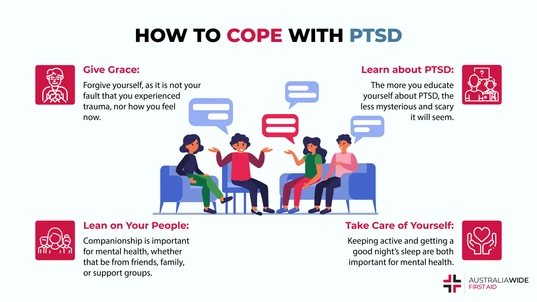
<dfn>PTSD</dfn> is a mental health disorder in which a person who has seen or experienced a traumatic event continues to have disturbing thoughts or feelings about the event. Though PTSD can be crippling, coping mechanisms and treatment options are available for sufferers.
A traumatic event can cause lasting psychological effects that can haunt the person who’s experienced trauma for years to come. When past traumas lead to overwhelming surges of memories of the event, stress, and anxiety, a person may be suffering from Post Traumatic Stress Disorder (PTSD). PTSD can also cause people to have a large reaction to a seemingly harmless stimulus, have difficulty with closeness in relationships, and dissociate or feel numb to their current surroundings. Although trauma can come in many forms, people who often suffer from PTSD can be war veterans, sexual abuse survivors, and survivors of natural disasters. If you or a loved one is suffering from any of these symptoms, we hope that this list of strategies may alleviate some of the brutal challenges that PTSD can cause. However, before trying any of these remedies, it is extremely important to seek help from a healthcare professional. A formal diagnosis is also very important, and PTSD can best be treated with professional help and guidance. After seeking this help, some of the following strategies can help alleviate some PTSD symptoms.1. Give Grace
One of the most challenging and important elements of healing PTSD is that you forgive yourself or your loved one for the pain that they are enduring. It is not your fault that the trauma you experienced happened, and it is not your fault that you now feel the enduring effects of it. Healing is not linear, and there will be days when you feel things are getting better, and days when you feel you are getting worse. Both are natural and okay. As long as you are taking steps toward treatment and healing (no matter how small), you are doing all that you can for your own health and the wellbeing of the people around you.2. Lean on Your People
If you are suffering from PTSD, it can be easy to feel full of shame, resentment, and embarrassment for the symptoms that you experience. You may worry that you may harm others, or do not want them to see the shape that you are in. However, one of the most powerful ways that you can heal yourself is to lean on your trusted loved ones. No true psychological treatment can be done in isolation. Companionship is such a key element to getting on a path toward better mental health. This social support is vital, whether it is from your family, friends, partner, or other trusted people in your life. If you do not feel you have this support already in your immediate circle, seek PTSD support groups online. Inevitably, there are thousands of people experiencing the same struggles as you are, and are ready to provide a listening ear and solace to you as you battle through your symptoms as well. We advise you to join support groups that are led by mental health professionals to get the most out of this online support system.3. Learn about PTSD
Psychological disorders can feel extremely overwhelming and scary, especially if you are not educated about them. However, if you take the time to learn more about PTSD, the mystery will start to dissolve. Through learning about the causes, symptoms, and others’ stories of suffering with PTSD, you can find solace in the fact that it is a well studied disorder that does have hope for healing. You can also develop a sense of empowerment as you better understand what your triggers may be, how to avoid them, and what some of the best ways are to keep your extreme symptoms at bay. Education leads to empowerment. With that empowerment, you can also share that knowledge with the people that you love so that they can better understand and support you. Once they learn more about PTSD, they are likely to develop greater empathy toward you, and get a better sense of how to help you avoid unnecessary stressors and triggers. There are many books, articles, and resources online to educate people about PTSD. Do not be afraid to learn more!4. Take Care of Yourself
Although it may seem obvious to do so, you must continue to take care of your body. When your physical body is not functioning at its best, there is no way that your mental health can be functioning at its best, either. One of the most powerful things that affects our mental wellbeing is our sleep quality and amount of sleep. As best as you can, try to get a full night’s sleep every night, and make bedtime a sacred routine with minimal blue light, distractions, and stressors. In addition, make sure that you are being conscientious of what you put into your body, and your overall health. The better things that you put into your body, the better that it will function. Another great and seemingly obvious tool is to remain active in whatever way is most pleasing to you. When feeling stress or anxiety, engaging in some rhythmic movement, even as simple as yoga or dance, can help the anxiety move through your body and not remain stuck in it. Overall, try to take care of your body the best that you can, and if this is something that you are struggling to do on your own, ask your loved ones to help remind you to do this. For more information on the dangers of sleep deprivation, and how to improve your quality of sleep, head to our Resource Library. We also have articles explaining the link between food and mental health, as well as the link between exercise and a reduced risk of chronic illness.Conclusion
Post Traumatic Stress Disorder is a horrible and distressing psychological disorder to experience. In addition to the trauma, PTSD seems to haunt you long after and continues to affect your life every day. Seeking professional help is the first step toward healing your PTSD. Also, if you or a loved one is experiencing PTSD, a great way to support this person is to be ready to help them when they are in a state of crisis. By taking our first aid course, you can be better prepared for a moment where your loved one is in need. Overall, if you or a loved one are experiencing PTSD, find help, give yourself grace, lean on others, take care of yourself, and educate yourself. You can make it through, and you can heal from this and lead a life of true peace.Recommended Resources
If you would like to learn more about safeguarding your mental health, consider checking out the following articles in our Resource Library:
Originally published at
https://www.australiawidefirstaid.com.au/resources/how-to-cope-with-PTSD
as part of the Australia Wide First Aid Articles Library

